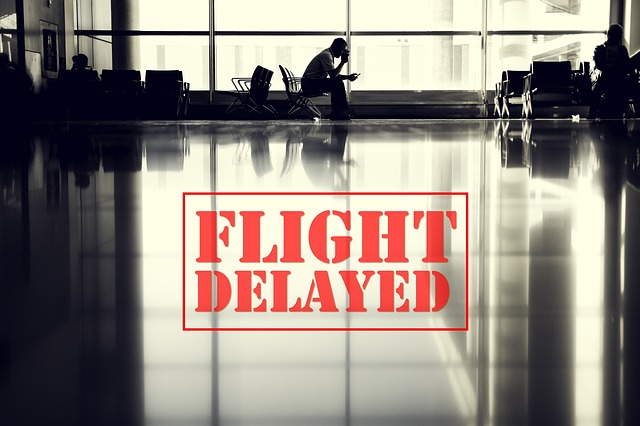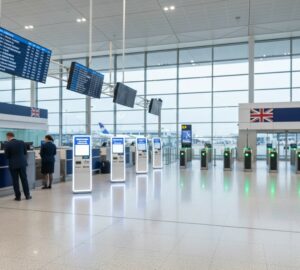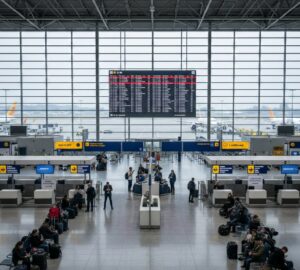This summer has been a nightmare for tourists, from misplaced bags to delayed flights. With the Department of Transportation considering a new regulation that would improve customer safeguards, the travel insurance specialists at Forbes Advisor chose to look into how this summer’s airline instability has affected travelers.
According to Forbes, “61% of tourists suffered a flight delay or cancellation this summer, and as a result, 83% wasted money spent on booked hotel rooms, cruises, and other activities”.
Summer travelers lost an average of $838, which is more than double the national average cost of a domestic ticket, and 17% missed important events like weddings, graduations, and family reunions. 48% of respondents said that their luggage was lost or delayed while traveling, and 44% reported that their luggage was damaged when it was returned to them.
Here are a few ways that travel mayhem disrupted summer vacation plans:
- Checked bag delays left travelers without their bags for an average of four days, and 11% never retrieved their suitcases.
- On average, travelers paid $556 to replace the contents of their lost or delayed bags.
- 54% of summer tourists had to go to a distant airport to collect their misplaced luggage, while 33% had to fly to a nearby airport.
- Flight delays and cancellations detained passengers at the airport for an average of more than 5 hours.
- 17% had to cancel their vacation plans totally and lost money on airport parking, transportation, dog kenneling, and unused hotel rooms, while 19% lost money on prepaid activities they missed due to delays or cancellations.
- Flight cancellations and delays caused 13% of tourists to miss a cruise.
- For travelers flying within the United States, the most common issues were flight cancellations, delays, and missing luggage.

















More Stories
Palace Hotel Tokyo Pioneers Eco-Luxury
UK ETA 2026: Game-Changer for Global Tourists
US Flight Chaos: 57 Cancellations & 595 Delays Strand Thousands